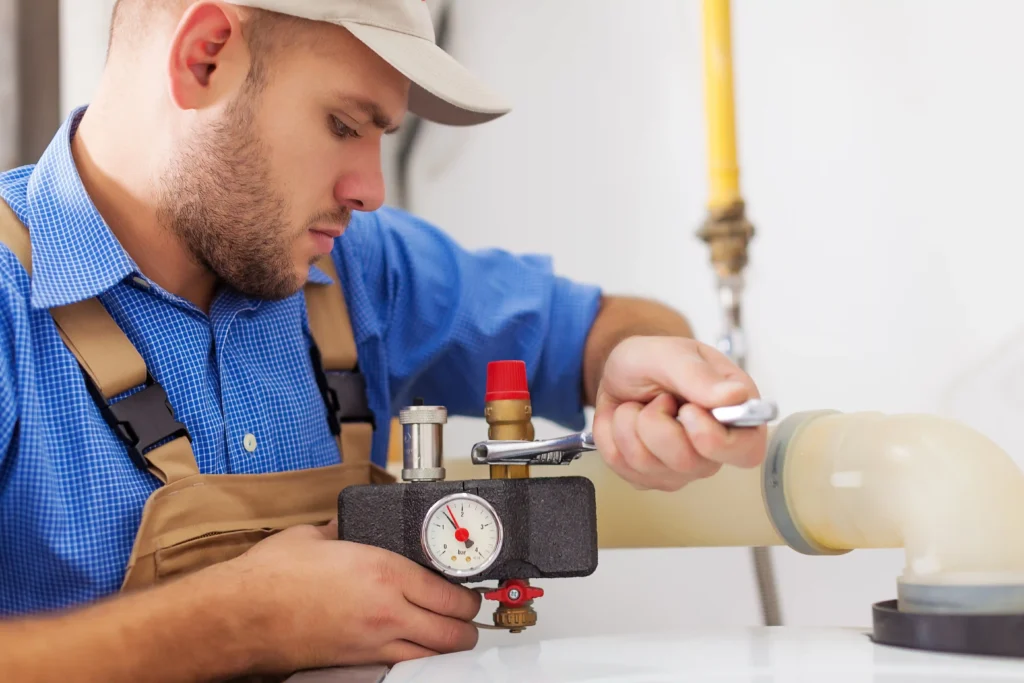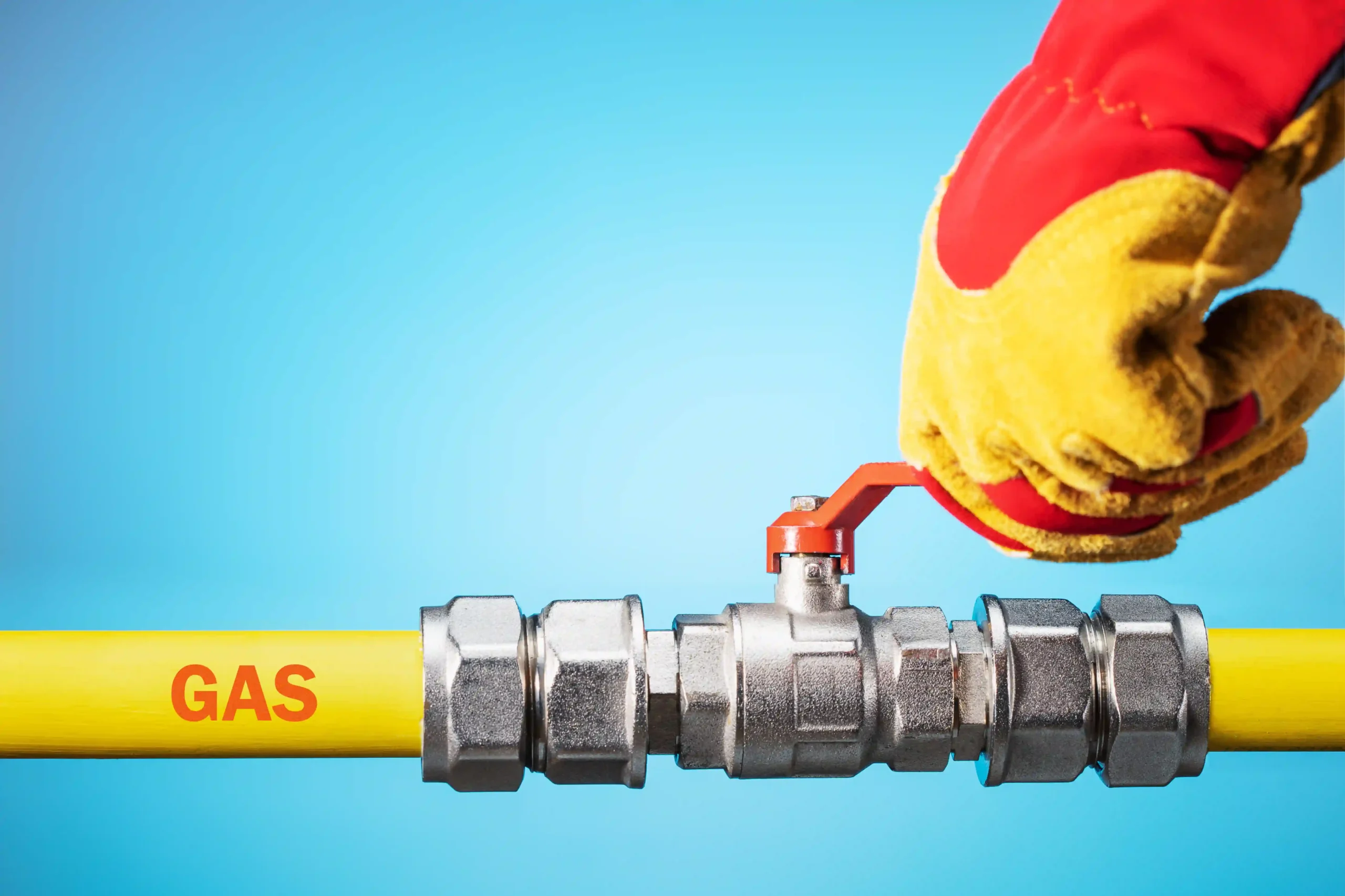Ever wondered if skimping on your gas work is really worth the few bucks saved? Living in Orange’s crisp climate, we rely on gas for heating, cooking, and hot water – comfort we take for granted. But a bad gas connection can turn that cozy warmth into a nightmare. That’s why Gas Fittings in Orange should be done by licensed pros. Think of it this way: you wouldn’t gamble with a shaky ladder on the second story, so why gamble with your home’s gas lines? Professional gas fitters bring skill, safety and peace of mind that far outweigh a little extra cost.
And let’s be honest—when the frost bites in the middle of a chilly Orange winter, the last thing you want is your gas heater packing it in because of a dodgy install. I’ve seen it happen: a neighbour tried to save a bit with a mate’s “handy” hookup, only to end up with no heat and a visit from emergency services. Not ideal. That’s the thing about gas—it works flawlessly until it doesn’t, and when it fails, it can do so dangerously. Whether you’re connecting a new gas cooktop or setting up your outdoor BBQ for summer, cutting corners isn’t worth the risk. The good news? Professional Gas Fittings in Orange aren’t just safer—they’re smarter, cleaner, and surprisingly more cost-effective in the long run.
Gas Fittings in Orange: Why Quality Matters
When it comes to gas, cheap fixes can be deadly. Proper gas fitting isn’t just connecting pipes – it’s a precise science of leak-tight seals, correct pipe sizing, and airflow regulation. Professional gas fitters in Orange follow the strict Australian standards (AS/NZS 5601) that NSW law enforces for every installation. These regulations exist for a reason: even a tiny mistake can lead to leaks, fires or carbon monoxide hazards. To quote a safety authority, “Gas heaters need to be professionally installed by a qualified gasfitter – an unsafe heater can cause a house fire or dangerous carbon monoxide fumes”.
Imagining gas fitting as an afterthought is like treating a loaded gun casually – one slip, and things go south fast. By hiring an expert, you get certified workmanship. A pro will test each connection, adjust pressures, and issue a Certificate of Compliance that proves the job meets all codes. That paperwork isn’t just bureaucratic red tape – it’s your guarantee that your home is safe and insured. In short, professional Gas Fittings in Orange deliver reliability that DIY simply can’t match.

The Hidden Dangers of DIY Gas Fitting
You might be tempted to save a hundred bucks by “just attaching the stove yourself,” but the risks are high. Amateur mistakes – cross-threaded fittings, the wrong pipe sealant, clogged vents – can create invisible time bombs. Gas is highly flammable and toxic. Experts warn that “gas leaks are a common consequence of faulty supply or repair, and they can lead to fires, explosions, or carbon monoxide poisoning”. I once knew a mate who thought he could tighten his BBQ connection in five minutes – he nearly blacked out from leaking CO. These horror stories aren’t rare.
A row of gas meters and regulators on a building – exactly the kind of fitting you want done right the first time.
By law in Australia, only licensed professionals may perform gas installations. (Yes, you read that right – licensed.) This isn’t a ploy to gouge you; it’s how NSW keeps everyone safe. Gasfitters must be licensed under the Gas & Electricity Consumer Safety Act, and after any work they must issue a compliance certificate. You can read more about those legal obligations and safety standards on the NSW Fair Trading Gas Compliance Requirements page.
This certificate proves your installation meets the AS/NZS 5601 standards. NSW’s Gas Regulation explicitly references these standards and enforces them across the state. In other words, every Gas Fittings in Orange job has to tick very strict boxes.
Licensed fitters know all the local codes (for example, Orange’s altitude and winter conditions can affect installation needs) and keep up with changes. They bring the right tools too – from manometers to specialized leak detectors – and they carry insurance. A pro’s business will back up their work with warranties or guarantees. If a licensed gasfitter installs your system, it doesn’t just work better – it also keeps your home insurance valid. (Unlicensed DIY work will usually void insurance if anything goes wrong.)
Cost vs Value: The True Price of Professional Gas Fittings
Yes, hiring a qualified gas fitter costs more upfront than doing it yourself. But consider it an investment in safety. Gas Fittings in Orange prices reflect the technician’s training, licensing fees, quality materials, and insurance. These pros train for years (often 3–4 in apprenticeships) just to earn their license. Their hourly rates (about $100–$200 in Australia) fund that expertise, plus overheads like vehicles stocked with parts.
What do you get for that money? First, safety: a 100% correctly done job. Second, efficiency and durability. A well-piped system means appliances run optimally (saving gas) and won’t need early repairs. Third, peace of mind: professionals often guarantee their work or at least provide a compliance certificate. If something ever goes awry, you have recourse.
A high-pressure gas pipeline in a remote area – a reminder that huge gas networks feed into our local systems. Every connection must be right.
Think of it like this: professional gas fitting is “a small price to pay for the invaluable benefits of a safe and efficient gas installation”. In practical terms, fitting a new gas stove properly in a home (including making or extending the gas line) might run a few hundred dollars, while installing a whole-house gas supply can be thousands. That sounds like a lot, but compare it to the cost of a gas fire in your home – financially and worse, in lives.
Comparing DIY vs Professional Gas Fitting
Sometimes a chart makes things clear. The table below compares key factors when you try DIY gas fitting versus hire a professional. As you can see, licensed expertise beats amateurs in nearly every column:
| Aspect | DIY Gas Fitting | Professional Gas Fitting |
|---|---|---|
| Safety | High risk of leaks/fires; Carbon monoxide danger | Low risk; pros use tested methods and equipment; follow safety protocols |
| Regulatory Compliance | Illegal in NSW (can incur huge fines); no cert. | Must be licensed; issues compliance certificate |
| Quality & Efficiency | Potential for poor gas flow, wasted energy; possible re-do | Optimized installations; maximizes appliance performance and lifespan |
| Insurance & Warranty | Likely voids home insurance; no guarantees | Keeps insurance valid; often comes with workmanship guarantee |
| Long-Term Cost | Seemingly cheap now, can cost thousands later (accidents, fines) | Higher up-front, but saves in future repairs/liabilities |
| Peace of Mind | Little – worry about leaks and liability | High – confidence in certified, proven results |
How to Choose a Reliable Gas Fitter in Orange
Given the stakes, who should you trust with your gas work? Here are some tips to ensure you get a good, licensed gas fitter:
- Check the License: Always ask to see their NSW gasfitter license or qualifications. In Australia it’s the law that gas workers are licensed. If they hesitate or say it’s in the truck, that’s a red flag.
- Experience Matters: Look for a plumber or gas fitter in Orange with solid local experience in Orange. (Someone familiar with Orange’s weather and housing is a plus.) Read reviews on local sites or ask friends who live nearby.
- Ask Questions: A real pro will be patient answering questions about how they install your pipes, test for leaks, and what kind of warranty or compliance certificate you’ll get. If they dodge details, keep looking.
- Get It in Writing: Before work starts, get a written quote and scope. Ensure it includes materials, labor, and a guarantee. Authentic professionals offer clear quotes, because they want to build trust, not confuse you.
- Look at Past Work: If possible, glance at job photos or examples of similar installations they’ve done. A skilled fitter will have proud examples and won’t cut corners.
By doing a little homework, you can avoid the two-step process of “call a cheap guy; then have to call the pro after he botches it.” Trust us, experts hate cleaning up after DIY disasters as much as customers hate them.
Conclusion
Plumber In Orange, professional gas fittings in Orange aren’t just another home expense – they’re an essential investment in safety. Licensed gas fitters bring expertise in regulations, tools, and techniques that keep your family and property safe from gas hazards. They catch problems before they start, ensure your system runs efficiently, and back it all up with certifications or guarantees.
Think of it like this: your home’s gas system is an invisible engine. You wouldn’t skip an oil change on a high-performance car, would you? When we treat our gas fittings with the same respect and care, we protect what matters most. So next time you need a new stove, heater, or any gas line work, remember the value of paying for a professional. It might cost a bit more upfront, but it’s a small price for lasting peace of mind. Stay safe, Orange – and don’t let a DIY shortcut turn a warm night into a cold lesson. Invest in professional gas fitting today!
Frequently Asked Questions
Do I really need a licensed gas fitter in Orange?
Yes – by law all gas fittings must be done by a licensed professional. Licensed fitters have the training to do it safely and provide the certificate of compliance that your insurance and regulations require. Unlicensed work is illegal, risky, and can cost you fines (up to $18,000) or void your home insurance.
How much do gas fitting services cost in Orange?
Prices vary by job. Gasfitters in Australia typically charge around $100–$200 per hour. Simple jobs like hooking up a stove might run a few hundred dollars, while running a new gas line to your house can cost in the $1,200–$5,000 range. It seems high, but remember this covers expert labor, compliance checks, and peace of mind.
What are the dangers of DIY gas installation?
DIY gas fitting can lead to life-threatening issues. Mistakes often cause gas leaks that can trigger fires, explosions, or carbon monoxide poisoning. Even minor leaks erode air quality. Plus, unlicensed work violates regulations and normally voids your insurance. In short, the “savings” aren’t worth the huge risks.

